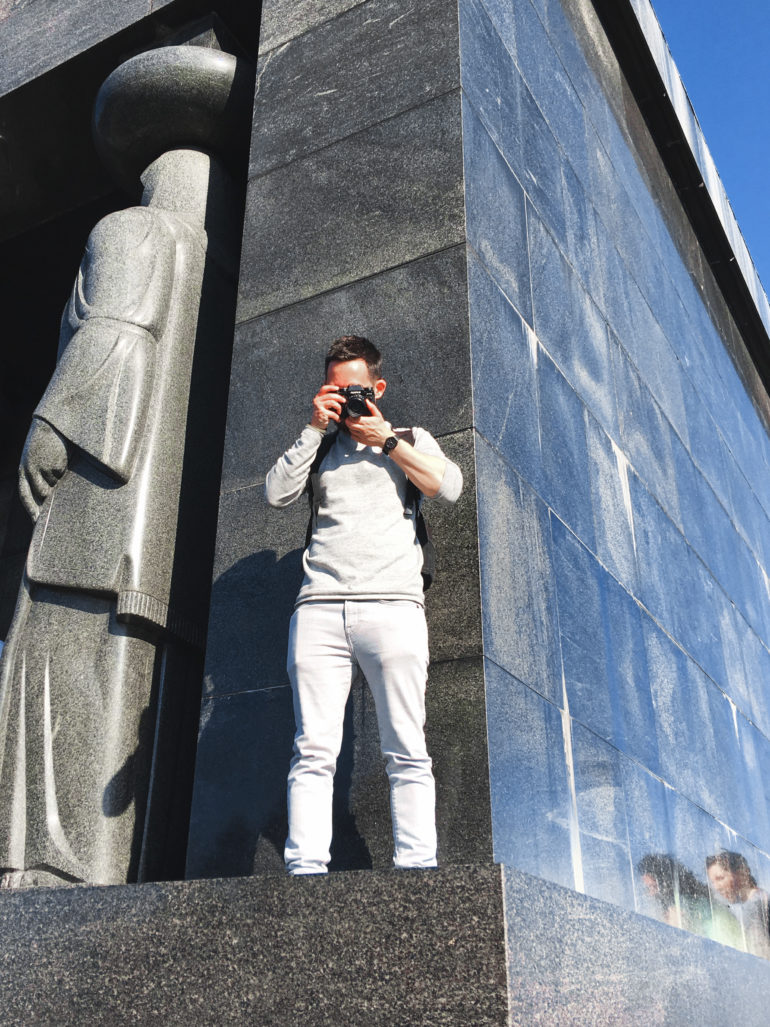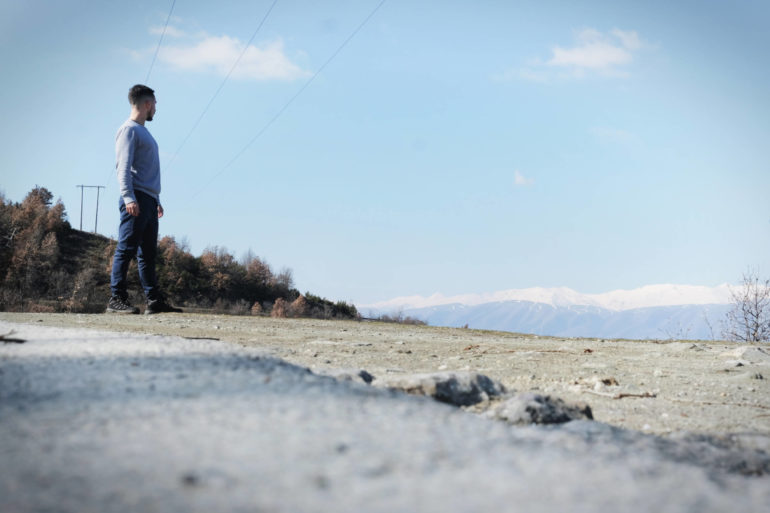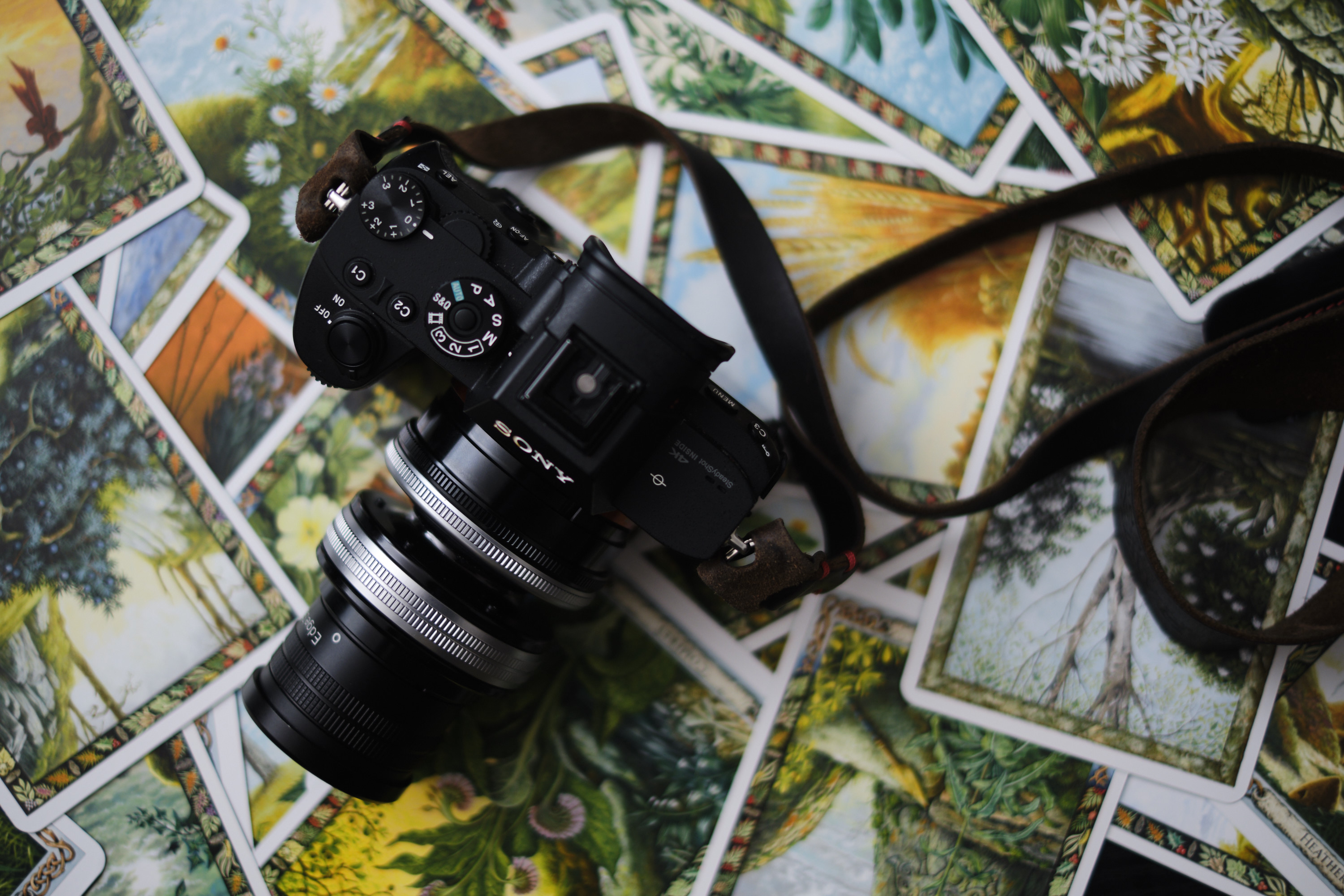Last Updated on 10/01/2020 by Chris Gampat
The abundance of cameras closes doors for the few and opens them for the many, especially the poor.
“They’re too expensive,” my mom would say when the discussion of getting a camera came up. It wasn’t her fault: she was a single mom with one child and we didn’t have much money. When I was a kid, cameras were not as cheap and accessible as they are today. Pursuit of the arts wasn’t a poor person’s game – this was even more so for someone who grew up in one of the poorest parts of the country. But I had a dream, and despite everything I could see around me, I was determined to make it come true.
“I care about any person who gets told ‘no’ on the basis of who they are, rather than what they do.”
Your Prospects Are Drugs or Prison
Growing up in the projects – or as we call them in the UK, a council estate – optimism wasn’t a word you would often hear. Life was tough. Broken families, drugs, violence, and poverty were the norm. Parents couldn’t afford after-school activities – they could hardly afford a uniform in which to send their kids to school. Having the opportunity to get into something like photography just wasn’t available. Schools were underfunded, and for a young boy like me, growing up to work in a warehouse was seen as a success.
Statistically, I should be a drug addict or in prison. I think of my childhood friends, all of them have experienced both. People would succumb to their environment, fold to the status quo, and be battered down so hard they no longer saw a happy ending. Thankfully, I always had a creative bone. It was with me since birth and was my “ticket” away from being just another person from the projects who couldn’t find their way in life.
Then the world changed…
“It wasn’t easy – I spent many weekends locked in my room whilst others had fun in order to get better. But it has been worth it.”
Everyone Has a Camera

By the time I reached my twenties the internet was in full swing, and having a camera was as common as having a bag of apples. Camera production went up, prices when down, and quality increased. Sure, nobody was giving them away, but keeping the burning desire to live the life I wanted meant I was prepared to sacrifice. For months I stopped going out, stopped eating at restaurants, and having nice things, just so I could purchase my first camera. For all who complain that the market is too saturated, that too many people have cameras, you need to see the bigger picture.
The arts should not be accessible to just the rich, white, middle-class. When demand pushes down cost, it opens the door for those who thought they never had a chance. That, combined with the internet, meant people like me were able to develop their skills. Personally, I would use all the free resources available online to give myself an education. It wasn’t easy – I’ve spent many weekends locked in my room whilst others had fun in order to get better. But it has been worth it.
But that’s just the economic aspect…what about the social?
Photography Is a Middle-Class Game
Earlier this year a middle-class privileged white woman in photography accused me of being threatened by those who were oppressed. She suggested I had become comfortable in my male bubble – implying I knew nothing about “having it tough.” I found this so interesting. Nobody stops to think about the poor – unless it makes for a “groundbreaking” photography project. People are not so quick to contemplate an individual’s background: they’re so focused on their own fight, that the fight of others doesn’t really matter – and it’s often the poor that get pushed to the bottom of importance.
“Opportunity may not be given to you, but we live in a time where you can make your own opportunities.”
No matter how inclusive society likes to be, the social poor have always been looked down upon. They’re the scapegoat for when things go wrong and the last thought when things go right. Just look at the arts: it has long been swamped with the middle-class. Even if you have the tools, having the energy to break down the wall in front of you is tough. There’s a certain expectation of how someone who is successful in photography should be – the way they speak, the life they live, the experiences they have.
I don’t care about expectations. Honestly, I just care about my own journey and those hardworking, talented photographers who are just trying to make their life a success. I care about poor people, women who are pushed out, people of color wanting to be seen. I care about any person who gets told ‘no’ on the basis of who they are, rather than what they do.
Now’s the Best Time to Succeed in Photography

Now more than ever, if you’re poor or facing oppression, you’re able to find a voice. You’re able to build the life you want.
20 years on from being told a warehouse job would be a good spot for “person like me,” my life is what I want it to be. I’ve been to 30 countries (and counting), making photographs and writing about it. I have a fantastic professional and social circle and I’m proud of every single person in each of them. I don’t say this to gloat or show off. I say this because if you feel oppressed I know how much that sucks. I say this to say don’t let people hold you down or make you think you are less than what you know yourself to be. Opportunity may not be given to you, but we live in a time where you can make your own opportunity. Believe in yourself.
It won’t be easy. There will be many doors closed in your face. But never give up. Your dream belongs to you and nobody else on this earth should determine whether or not it comes true.
Now go pick up your camera and make it happen.


